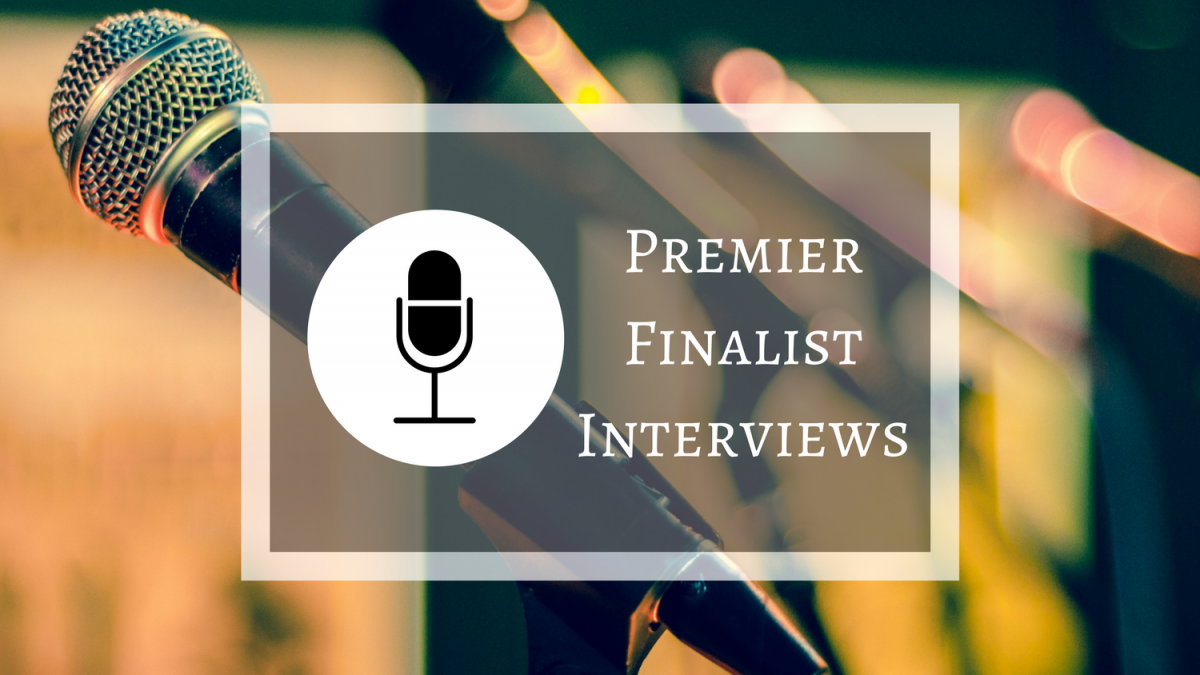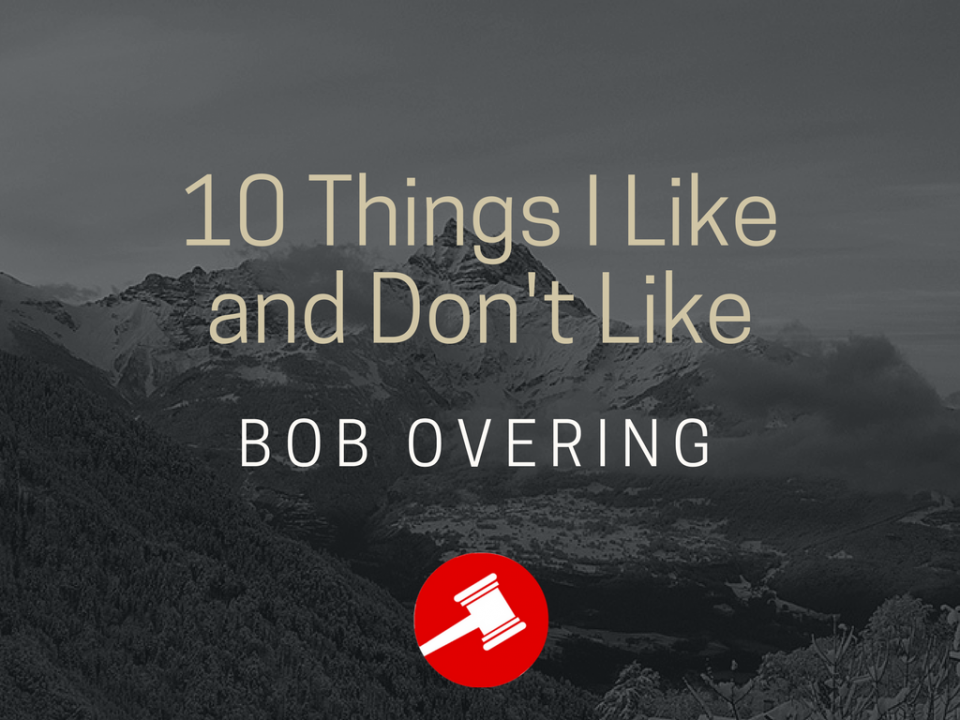2017 Loyola Invitational Finalist Interviews

Finalist Interviews
Danielle Dosch (Immaculate Heart DD) beat Ronak Ahuja (Chaminade CP AR) in finals to win the Loyola Invitational. Premier Debate has exclusive interviews with both these debaters!
Danielle Dosch (Immaculate Heart DD), Champion
Question: Entering a new topic, most debaters aren’t quite sure what to expect. Given your stellar performance, you clearly had a gameplan. How did you prepare, and what did the process look like?
Danielle Dosch: For this topic, our preparation process entailed lots of reading. Given the density of the topic literature, we found it difficult to just start cutting positions right away. We began by conducting background research on national service, and let our findings guide our case list.
Something unique to this topic’s research process was the amount of books, as opposed to articles, we read. For example, our affirmative case was cut entirely from one book.
Q: You finished undefeated and top speaker at Loyola. How did you do it? What positions did you read to get there? Was there a favorite?
DD: I dedicated the majority of my summer to debate work, and I think it definitely helped in refining my skills and furthering my understanding of various arguments. At the tournament, I affirmed in all but one out-round, so our Readiness Aff was the position I deployed most. Luckily, it was also my favorite position; it’s extremely well-researched!
Q: Were there any positions or cases you found particularly difficult to answer? How did you deal with them?
DD: I think the position that threw me for the biggest loop was Brentwood’s Race K. To respond to it, I made sure that I was definitively winning case. This made it easier to go for case outweighs and the permutation in the 2AR.
Q: You were at the tournament for three full days, and will be off to the Greenhill RR and Tournament this weekend. Are there any trends you noticed at the Loyola Invitational that competitors can expect to see at Greenhill?
DD: I was surprised by the amount of Militarism Affs people were reading! When I first started doing topic research, I was pretty confident that every round would be some small community service affirmative versus Topicality. At Loyola, this proved not to be the case, and I assume it won’t be at Greenhill either.
Q: Thanks for taking the time to share your perspective with the community! Any shout-outs?
DD: I want to thank Loyola for hosting such a great and well-run tournament. I also want to congratulate my teammates on their performance. I am excited for the rest of the season!
Ronak Ahuja (Chaminade CP RA), Finalist
Question: you’re a policy debater normally, right? So what made you decide to try out LD at the Loyola Invitational? And what’s the plan for LD?
Ronak Ahuja: Our team went to Loyola last year in policy and it was a fun tournament. I wanted to go again, but there isn’t a policy bid, and I wanted to try LD. I think I’ll probably go to a few more this year. As for the plan, the goal is to qual for the TOC in LD. I think that would be great. Our school has never had anyone go to the TOC for debate before, so that’s the number one goal.
Q: With one bid down, you’re half-way there! Speaking of, how did you enter the process of preparing for this tournament, especially given your policy background?
RA: Well, when I saw the topic, I did have to alter the way I approached the arguments a bit. My first thought was how can I approach this topic critically, as in with kritiks, since that’s the style of debate I like the most. One of the main arguments I went for was a Baudrillard Kritik… I thought that would be a good way to engage the topic.
Q: How does one even get into Baudrillard?
RA: My partner and I in policy read a lot of the literature from Baudrillard. We took a lot of inspiration from college teams, such as Loyola EM and Michigan KM, but mostly reading the literature. That was the biggest thing for us.
Q: Jumping back to Loyola, were there any positions you didn’t know how to address?
RA: Most of my LD debate friends were telling me how to change approaching LD theory, Kant NCs, and those types of arguments. I did a lot of preparation for that. The big thing that was hard for me was the 1AR in LD. I gave a ton of practice speeches answering 3 or 4 offs, since I’m used to having 5 minutes for the 1AR in policy. It really forced me to work on word economy, and making sure I used more efficient language and condensed blocks.
Q: Were there any positions at the tournament that you found particularly difficult to answer?
RA: There was an aff a lot of people were reading about how we can have a military draft that would end up decreasing militarism, because it would decrease public support for war. I didn’t think very much about this position going into the tournament, and I didn’t expect the aff to read a decrease in militarism, especially since the resolution defends making national service compulsory. As the tournament went on, I changed the arguments, how I explained the links to my kritiks, and how they applied to that affirmative.
Q: When can we see you next? And any shout-outs?
RA: I might go to Presentation in a few weeks, but I will for sure go to Harvard-Westlake and USC next semester in LD. I also want to thank my coaches Jeremiah Cha and Leo Kim. They’ve both been very supportive of me, and I think the whole process of the tournament was fun. I like the community. People were friendly and encouraging, and willing to ask me questions in the halls. and I definitely had good vibes at the Loyola Invitational and will for sure go next year.
Thanks to Danielle and Ronak for sharing their perspectives! And if you haven’t filled out our survey (found here), don’t forget!

